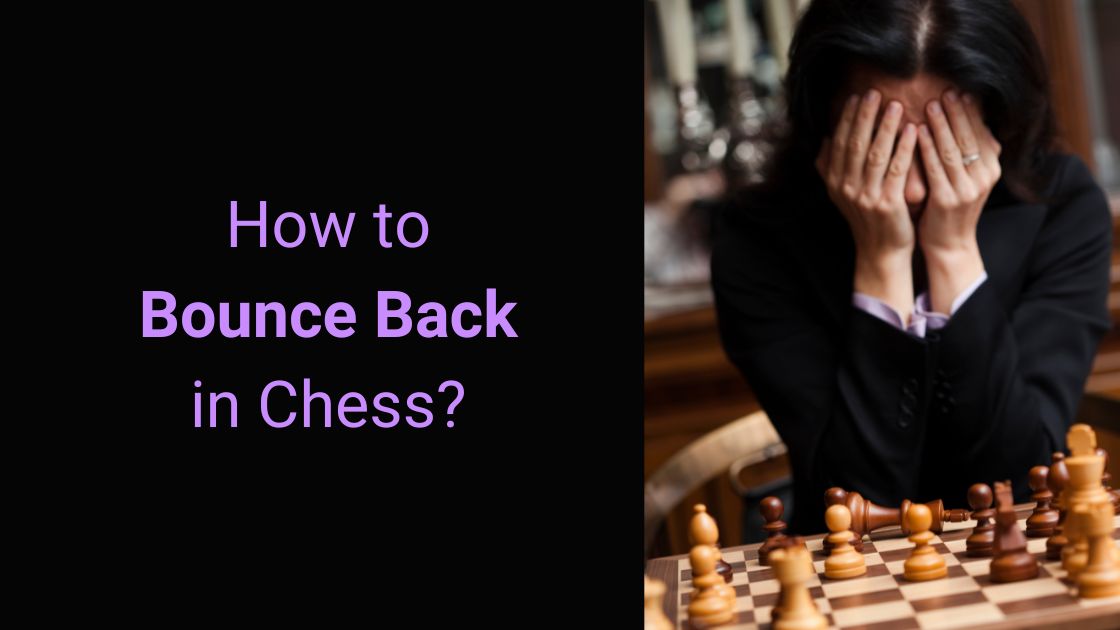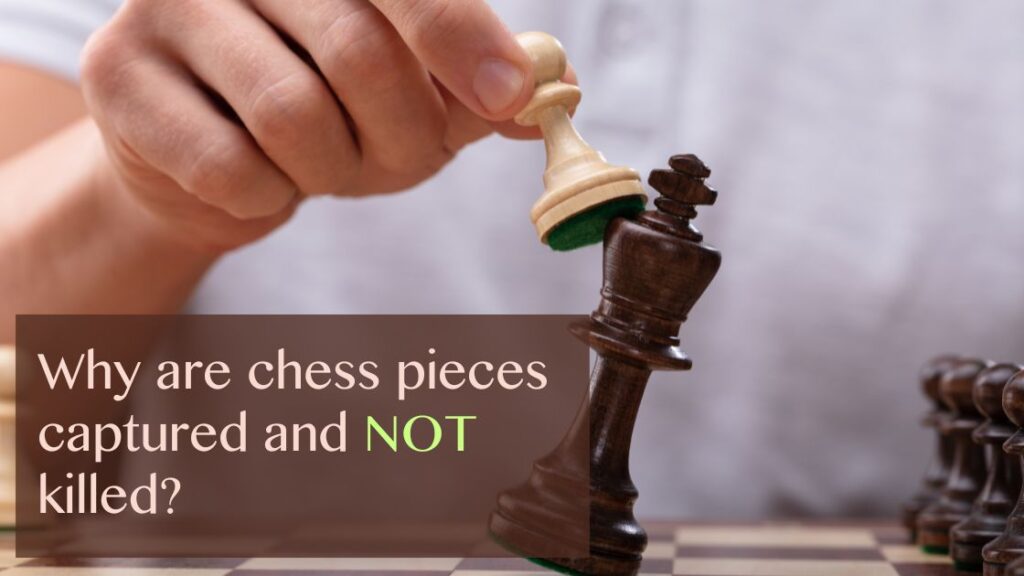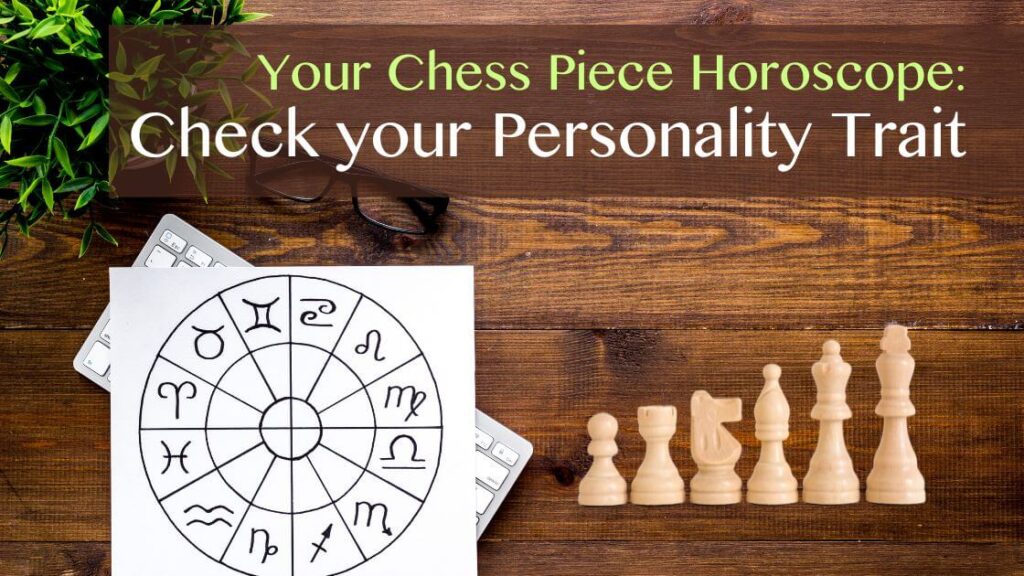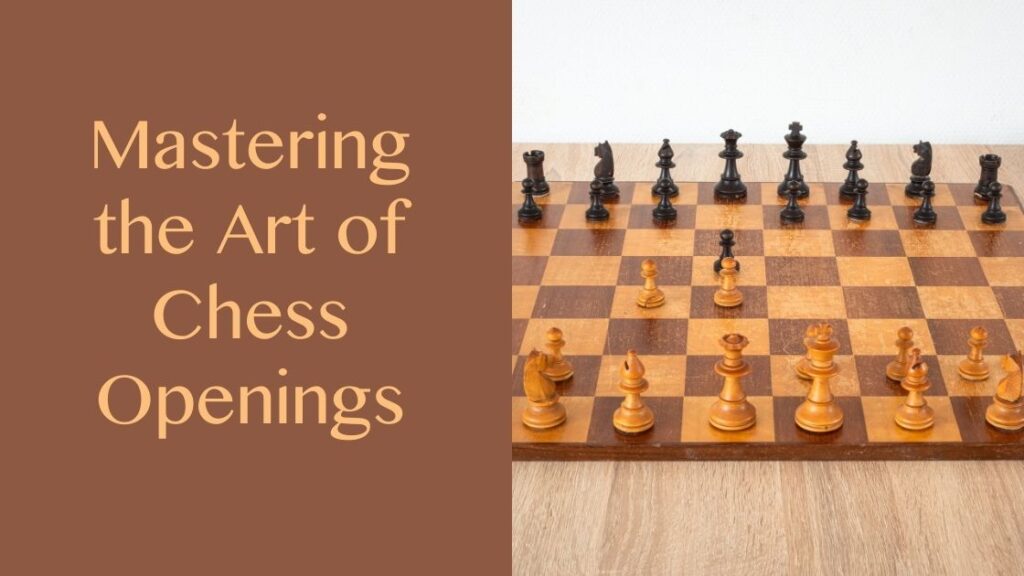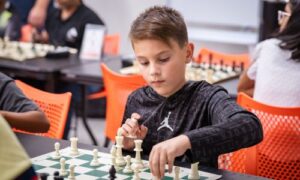Losing sucks, plain and simple. But guess what? Even chess grandmasters have seen some bad days. Every game is like a story, the plot may not add up to what you hoped for. Instead of beating yourself up over losses in the game, here are some quick tips to cope with defeats and how to gracefully handle them!How to Bounce Back in Chess?
Okay!
Let’s face it, a game of chess can be a real mind-bender. One moment you are feeling like a chess wiz and the other you are scratching your head wondering how you let that piece get taken!. It happens to the best of us. But don’t let these losses get to you. Let’s talk about how to turn these defeats into stepping stones of success.
Psychology of Losing
Losing in chess or any other game can trigger a series of negative emotions like frustration, anger, disappointment, and even shame. It is important to understand that these feelings are normal, but they can hinder your growth and blur your vision toward your goal if left unchecked. Your brain is hardwired for survival, and it interprets losses as a threat. The antidote to a fixed mindset is a growth mindset, believing that your abilities can be developed through dedication and hard work.
Here are a few tips to cultivate resilience:
- Take up challenges: View setbacks as stepping stones to learn and grow.
- Face obstacles: Don’t give up easily, explore different approaches and apply them at each opportunity.
- Learn from feedback: When you have mentors or coaches who provide you with constructive criticism, take it in the right stride as it is a valuable tool for improvement.
- Motivation is Key: Remember your goals stick to it and don’t forget to reward yourself as and when you make progress.
Applying These Lessons Beyond Chess
The skills you develop while coping with defeat in the game of chess, have multifaceted applications in various life challenges as well:
- Career setback: Use failure as a learning experience, identify areas for improvement, and network with others in your field.
- Personal relationships: Practice active listening, empathy and forgiveness.
- Health and fitness goal: Staying persistent can come with its perks, celebrating small wins, and seeking support from friends or professionals.
Chess Tips to Turn Tide
- Post-game analysis: Delve deeper into your losses. Identify recurring patterns and develop strategies to address them.
- Visualization techniques: Mental rehearsals can boost confidence and improve performance.
- Mindfulness and meditation: These practices can help you stay focused and manage stress and pressure.
Losing is Winning
Remember, even the greatest chess players have faced countless defeats. What sets them apart is their ability to learn and grow from these experiences. So, the next time you lose a game, take a deep breath, analyze the situation, and use it as fuel for your improvement. After all, every loss brings you one step closer to becoming a chess champion.
Join the CHESS KLUB Community
So, there you have it! Losing is part of the chess journey, but it doesn’t have to be a roadblock. By understanding the psychology behind defeat you can transform these setbacks into stepping stones to success. And what better place to put these lessons into practice than at CHESS KLUB?
A judgment-free place where you can share your triumphs and tribulations with fellow chess enthusiasts, learning from their experiences, and building lasting friendships. Take that plunge into the exciting world of chess already!

